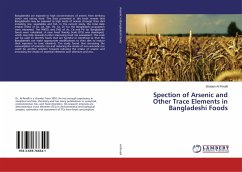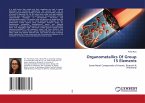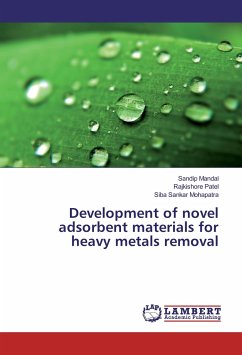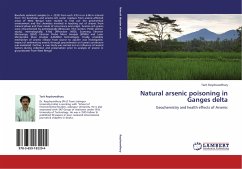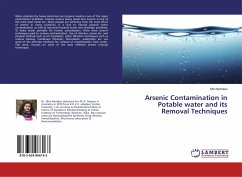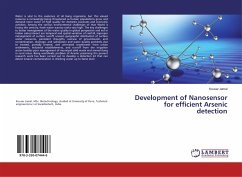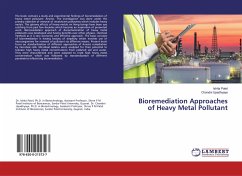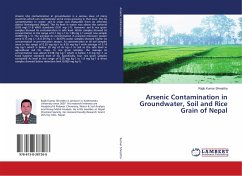Bangladeshis are exposed to high concentrations of arsenic from drinking water and eating food. The data presented in this book reveals that Bangladeshis may be exposed to high levels of arsenic through their diet including rice, vegetables and fish. In the current study, the total daily intakes (TDIs) of As, Cd, Mn, Pd, Se, Zn for the Bangladeshi population were estimated. The PMTDI and THQ of As, Cd and Pd for Bangladeshi foods were calculated. A new Food Toxicity Scale (FTS) was developed, which may help towards further improving food risk assessment. This scale can be used to identify foods that are harmful or beneficial so that the Bangladeshis can make appropriate modifications to their diet to reduce their exposure to toxic elements. The study found that increasing the consumption of aromatic rice and reducing the intake of non-aromatic rice could be another solution towards reducing the intake of arsenic and increasing the intake of essential elements such selenium and zinc.

